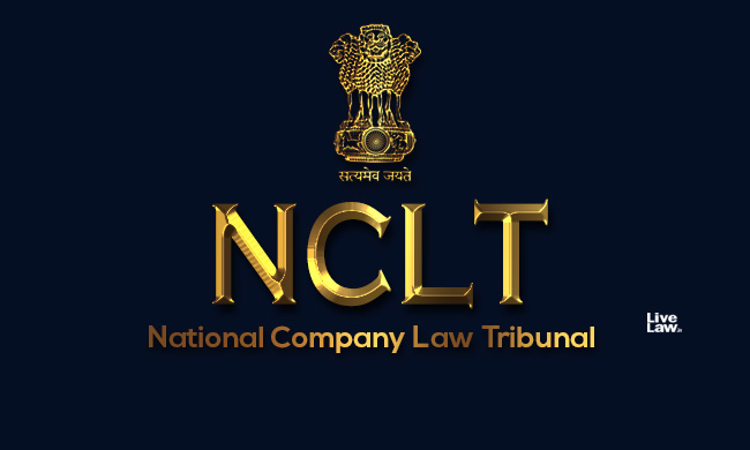Excessive Amount Mistakenly Paid Can’t Be Operational Debt, It’s Quasi Contract: NCLT Hyderabad
Pallavi Mishra
5 March 2023 12:27 PM IST

Next Story
5 March 2023 12:27 PM IST
The National Company Law Tribunal (“NCLT”), Hyderabad Bench, comprising of Dr. Venkata Ramakrishna Badarinath Nandula (Judicial Member) and Mr. Satya Ranjan Prasad (Technical Member), while adjudicating a petition filed in M/s. Sandvik Mining & Construction Tools AB v M/s TA Hydraulics Pvt. Ltd., has held that if an Operational Creditor mistakenly pays excess sum to the...
